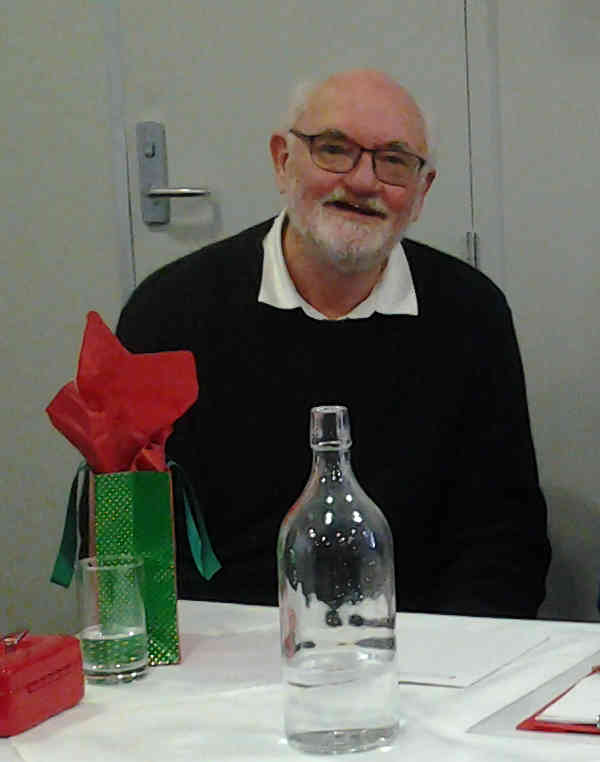Richard is an academic and a member of ICAN, the International Campaign to Abolish Nuclear Weapons. His topic was “How do we get to abolition?“.
Richard opened his talk with an acknowledgement that we met on aboriginal land, and paid respects to Aboriginal custodians and elders past and present.
He acknowledged the work of Dr Sue Wareham and ICAN, which started ten years ago in Melbourne. Richard has been a member for 5 years and is currently a Board member. He was also the Director of the Nautilus Institute in Australia where he was involved in peace and security issues including work on abolishing nuclear weapons.
Richard outlined the history behind the Treaty on the Prohibition of Nuclear Weapons (which passed the UN vote on 7 July 2017) and lead to the ICAN Nobel Peace Prize. It was notably not signed by Australia and the USA among others. The world now has 15,000 nuclear weapons and these are being modernised at the moment at a cost of $1 trillion. Richard spoke about the outcome for the entire world if, for example, a local war between India and Pakistan resulted in a nuclear attack – apart for the “local” destruction, there would be decades of increased atmospheric carbon leading to widespread environmental destruction and famine. He argued that the idea of “deterrence” is dangerous as there is every likelihood of these weapons being used in some circumstances. There are now 9 countries with nuclear weapons.
Continue reading


 Photo: Jude Dodd
Photo: Jude Dodd
 The International Campaign to Abolish Nuclear Weapons (ICAN) held a rally this morning outside Parliament House in Canberra to mark the start of negotiations towards a treaty to ban nuclear weapons. The rally deplored the fact that the Australian government, incredibly, is boycotting the negotiations and has not sent a delegate. There are over 110 countries participating; we are the only country in our region to refuse.
The International Campaign to Abolish Nuclear Weapons (ICAN) held a rally this morning outside Parliament House in Canberra to mark the start of negotiations towards a treaty to ban nuclear weapons. The rally deplored the fact that the Australian government, incredibly, is boycotting the negotiations and has not sent a delegate. There are over 110 countries participating; we are the only country in our region to refuse.